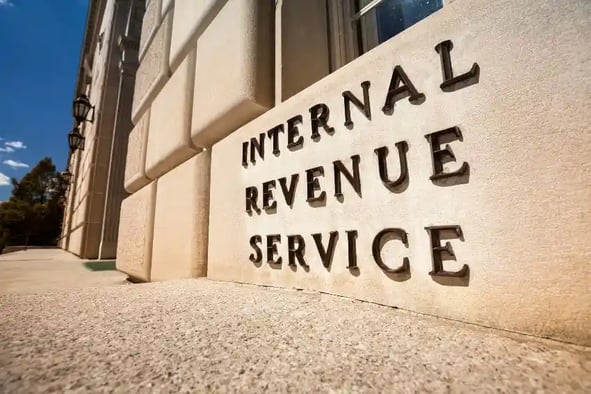
Many taxpayers find themselves in this situation at one time or another in their lives. Maybe your financial picture has shifted significantly in the past year, and you did not foresee the consequences the changes would have on your tax bill. Maybe you were diligent about planning, but a hardship such as job loss, illness, or divorce has made it impossible to set aside the funds necessary to pay. Whatever the reason, you find yourself looking at a tax bill that you cannot afford to pay on time. No one wants to be in this situation, but ignoring the problem is the worst thing you can do. The IRS has the power to garnish wages, seize bank accounts, and put liens on your property. If you owe more than you can pay, consider these tips to avoid such drastic and undesirable collection activities.
Consider a Loan
Most of us do not like to ask family members for money. Doing so in order to pay your taxes, however, can benefit both you and the kind relative who agrees to give you a loan. If someone in your family has sufficient funds sitting a savings account, for example, you could offer a much more generous interest rate than what the bank pays on that account while still saving money in fees and interest you would owe to the IRS. Both you and your relative could come out better in the end.
Taking out a commercial personal loan may also be less costly than delaying payment to the IRS. Inquire at your bank or search for reputable online sources for personal loan rates and terms.
Ask for Additional Time.
If you owe $50,000 or less in taxes, penalties, and interest, and if you have filed all required tax forms, you may submit an application for an online payment agreement. The IRS may grant 60-120 additional days to pay the full amount. Merely asking for this additional time is not the same as setting up a long-term installment plan, which would carry higher costs in fees, interest, and penalties.
Apply for an Installment Agreement.
If the IRS does not grant you additional time to pay your full balance, or if you need a longer-term solution to pay off your balance, then you can request an installment agreement with the IRS. Again, you must owe no more than $50,000 in tax, interest, and penalties in order to apply online. For installment agreements on higher balances, you must fill out Form 9465 as well as a Collection Information Sheet (Form 433-F), and send them in by mail. The IRS may grant up to 72 months or more, depending on circumstances, in which to pay.
A standard installment agreement requires payment of a $120 user fee. The fee is reduced to $52 if you pay through direct debit from your bank account. Taxpayers whose incomes are below 250% of the poverty level determined by the Department of Health and Human Services can apply for a reduced fee of $43. Currently, this amounts to an income of below $27,925 for singles and $57,625 for families of four. See Form 13844 for complete details.
Consider Making an Offer in Compromise.
You may be eligible to settle your tax debt for less than the full balance due. The IRS will consider your income, expenses, assets, and ability to pay in determining whether to accept your offer. Offers are generally approved when the IRS believes the amount offered is the most they can reasonably collect within a reasonable timeframe. Before submitting your offer, you must first complete the Offer in Compromise Pre-Qualifier to determine eligibility. You must include a $186 nonrefundable application fee as well as an initial payment of 20% of the total offer amount with your offer. For more information about offers in compromise, see the IRS website.
Get a Professional on Your Side.
Dave Boelman and Jason Shaw are CPAs with over 20 years of experience. Boelman Shaw Tax & Financial Planning can both assist you in preparing your income taxes and represent you with the IRS in case issues arise with your return. If you have an issue with the IRS, contact us today to let us help you resolve it and plan to avoid issues in the future.
Tax and accounting services provided through Boelman Shaw & Company, LLC. Advisory services provided through BSC Capital Partners, LLC a state of Iowa registered investment advisor.

